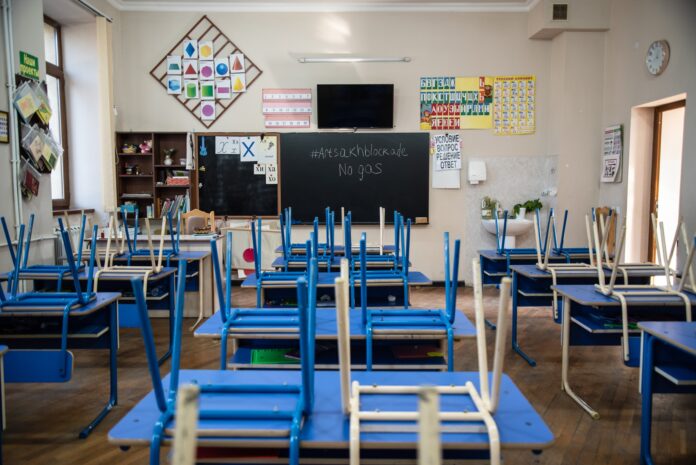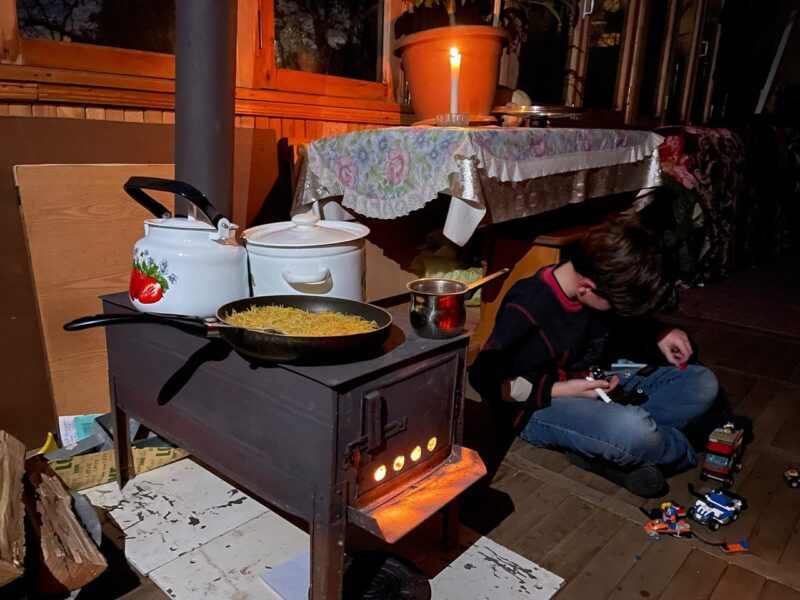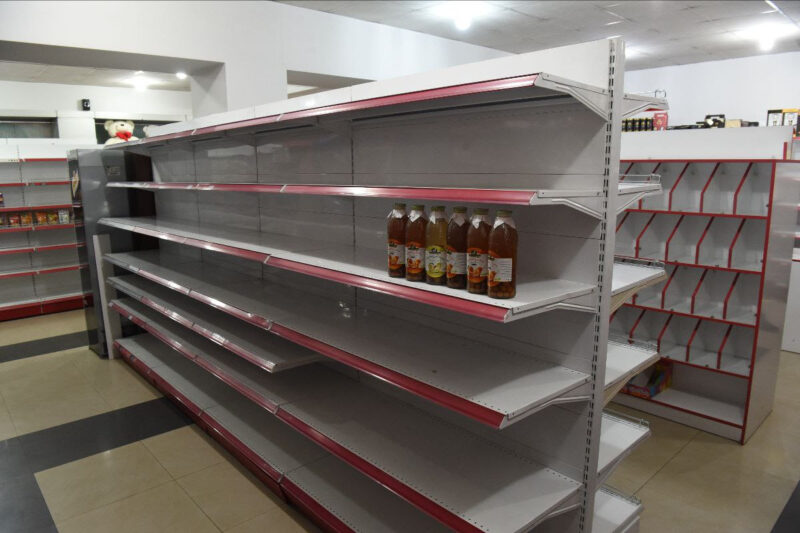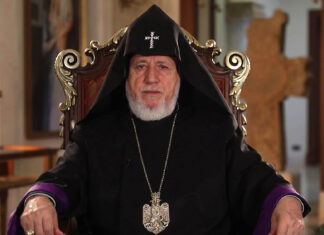By Sona Hovsepyan
Special to the Mirror-Spectator
STEPANAKERT — Narine Yakhshibekyan, a 20-year-old student at Mesrop Mashtots University, is unable to go from Martuni town to the city of Stepanakert due to the lack of fuel and regular transportation. The blockade of Artsakh (Nagorno-Karabakh) is having a direct impact on around 20,000 students struggling to go back to class, as reported by the Human Rights Ombudsman of the Republic of Artsakh.
As Yakhshibekyan stated, she sometimes participates in class activities online despite power outages. However, it’s challenging to organize lessons in a remote mode.
“The Internet is terribly unstable. You rarely hear anything. Joining online guarantees only your presence. I can’t listen to anything or participate in lessons,” Yakhshibekyan told the Mirror-Spectator over the phone.
On December 12, dozens of Azerbaijani “eco-activists” blocked the Lachin corridor, which is the only road connecting Armenia to Karabakh. However, Azerbaijan halted the “eco-protest” after establishing a checkpoint on the Lachin corridor. This causes humanitarian problems including power, food, education, internet access, as well as other humanitarian issues. The 120,000 residents, including about 30,000 children, are isolated from the world due to this situation. Luis Moreno Ocampo, the former Prosecutor of the International Criminal Court has referred to it as genocide.










